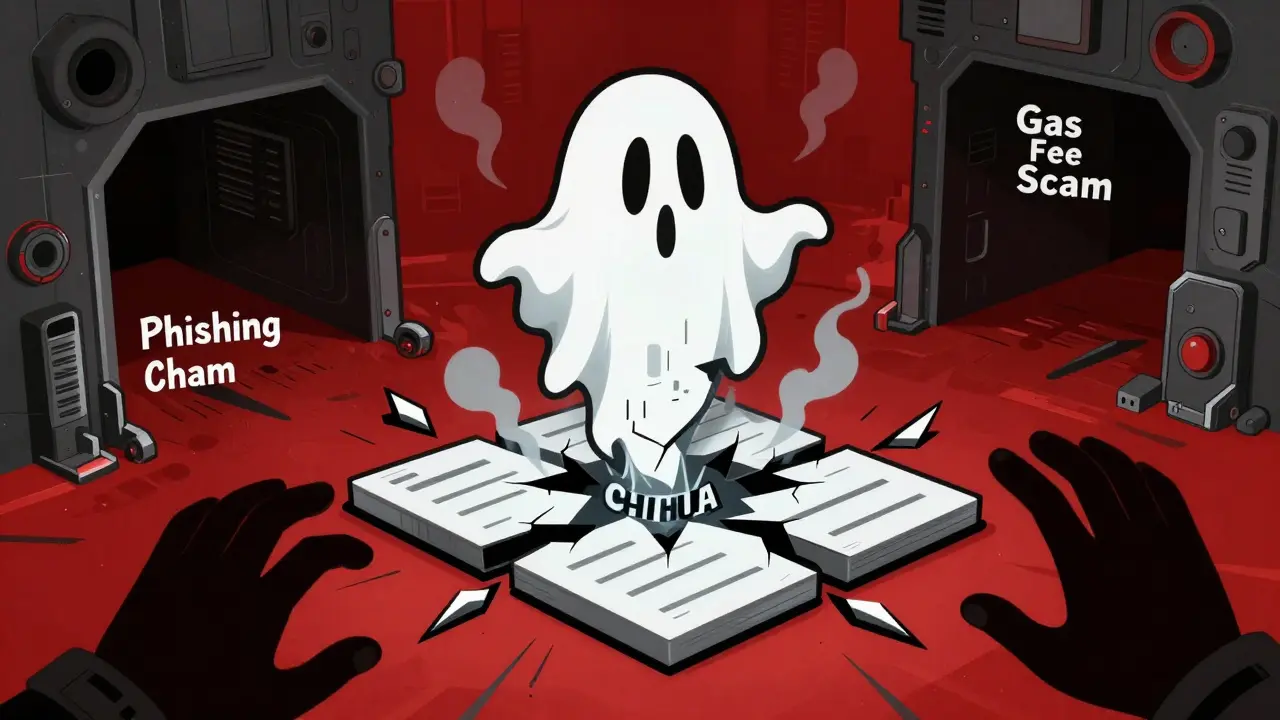
No legitimate CHIHUA airdrop exists. The token has zero supply and no active community. Beware of scams using its name to trick users into connecting wallets or paying fees. Real airdrops require proven activity, not clickbait.
When you hear meme coin, a cryptocurrency created mostly for humor or internet culture, with little to no technical innovation or utility. Also known as dog coin, it often starts as a joke but can explode in value—or vanish overnight. Meme coins like Dogecoin and Shiba Inu didn’t start as serious investments. They were born from Reddit threads, Twitter memes, and celebrity tweets. But now, they’re part of a larger pattern: crypto projects built on hype, not code. And that’s where things get dangerous.
What makes a meme coin different from a real DeFi token? DeFi token, a cryptocurrency designed to power decentralized finance applications like lending, swapping, or yield farming usually has a whitepaper, a dev team, and a smart contract that does something useful. Meme coins? Most have no roadmap, no utility, and sometimes even zero circulating supply—like Based Peaches (PEACH), which listed a price but had no actual trades. Still, people chase them because they see others making quick money. And that’s exactly what scammers count on.
That’s why you’ll find so many posts here about crypto airdrop, a free distribution of tokens meant to build community or reward early users. Also known as free crypto, it’s one of the most common traps for meme coin buyers. Fake airdrops for tokens like DMC, Zenith Coin, or ORI Orica aren’t giveaways—they’re phishing lures. They ask for your wallet seed phrase, steal your funds, and disappear. Even real airdrops, like the ones from GamesPad or Zamio, aren’t about free money. They’re about access—NFTs that unlock future token sales, not cash in your pocket.
And when you finally buy one? Where do you trade it? Not on Robinhood or Coinbase. Most meme coins live on obscure crypto exchange, a platform where users buy, sell, or swap digital currencies platforms like COINBIG or CoinUp.io—exchanges with no regulation, no customer support, and often no security. These aren’t the kind of platforms you trust with your life savings. But they’re the only ones listing tokens with names like "Peaches" or "Dogelon."
The truth? Most meme coins will go to zero. But not all. Some become cultural phenomena. Some fund real projects. Some just vanish. The line between a viral joke and a financial disaster is thinner than you think. That’s why this collection isn’t about telling you which meme coin to buy. It’s about showing you how to spot the ones that are rigged, the ones that are dead, and the ones that might actually be worth your time. You’ll find reviews of exchanges that list these coins, deep dives into fake airdrops, and real stories of people who lost everything chasing a tweet. If you’re even thinking about jumping in, you need to know what you’re really buying into.

No legitimate CHIHUA airdrop exists. The token has zero supply and no active community. Beware of scams using its name to trick users into connecting wallets or paying fees. Real airdrops require proven activity, not clickbait.
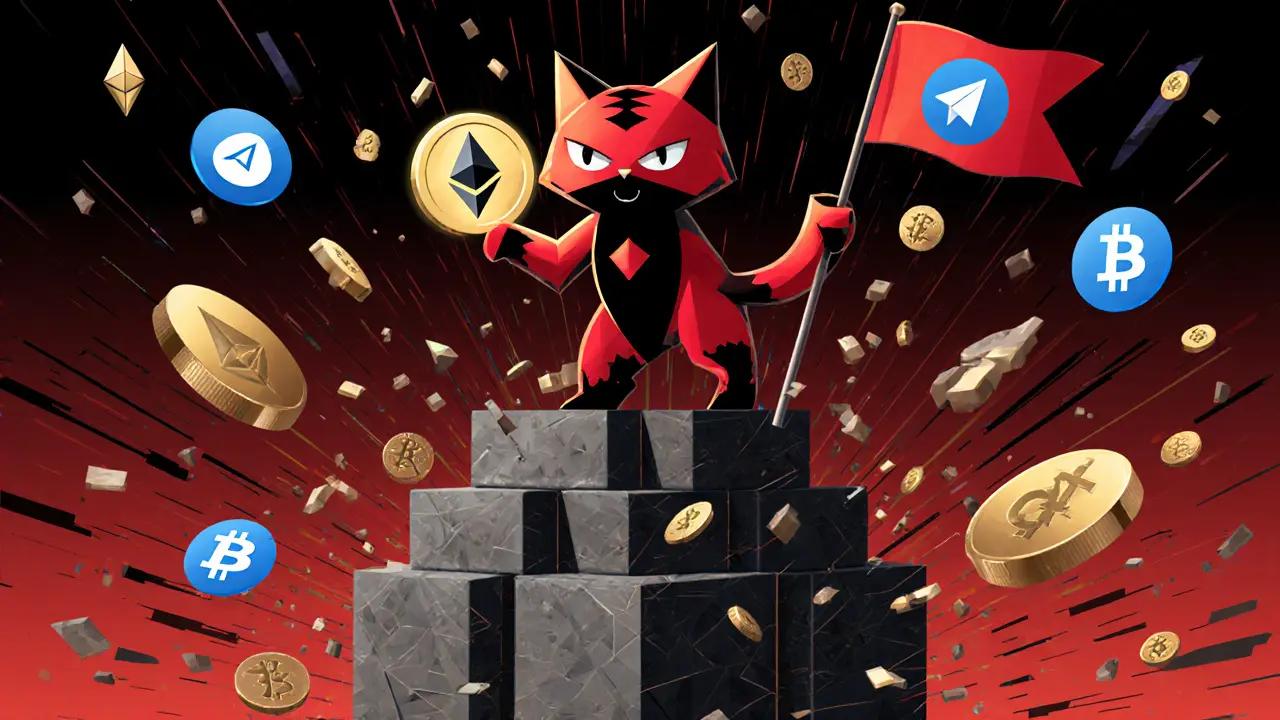
MOG CAT (MOG) is a meme coin on Ethereum tied to a Telegram game, with no official team but a strong community. It's not an investment-it's a social experiment fueled by memes and daily play.
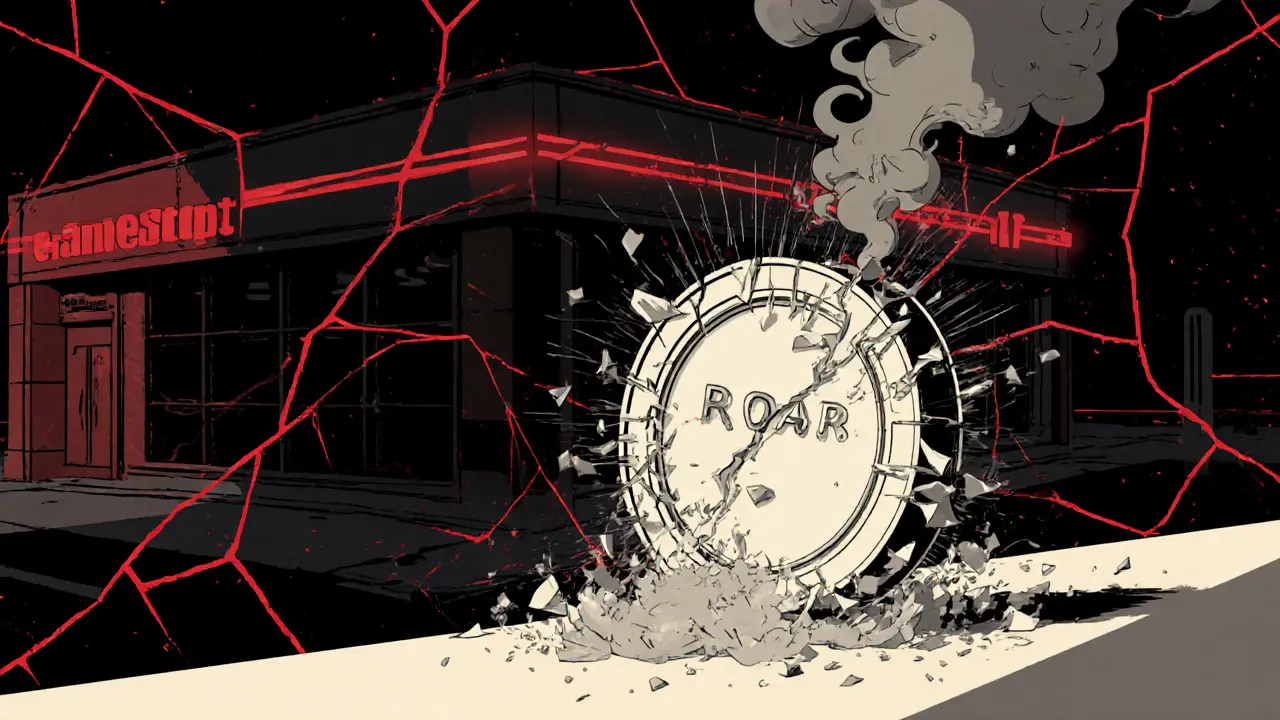
Roaring Kitty (ROAR) is a dead meme coin tied to the GameStop hype. With $0 market cap, zero trading volume, and no community, it’s a cautionary tale-not an investment.
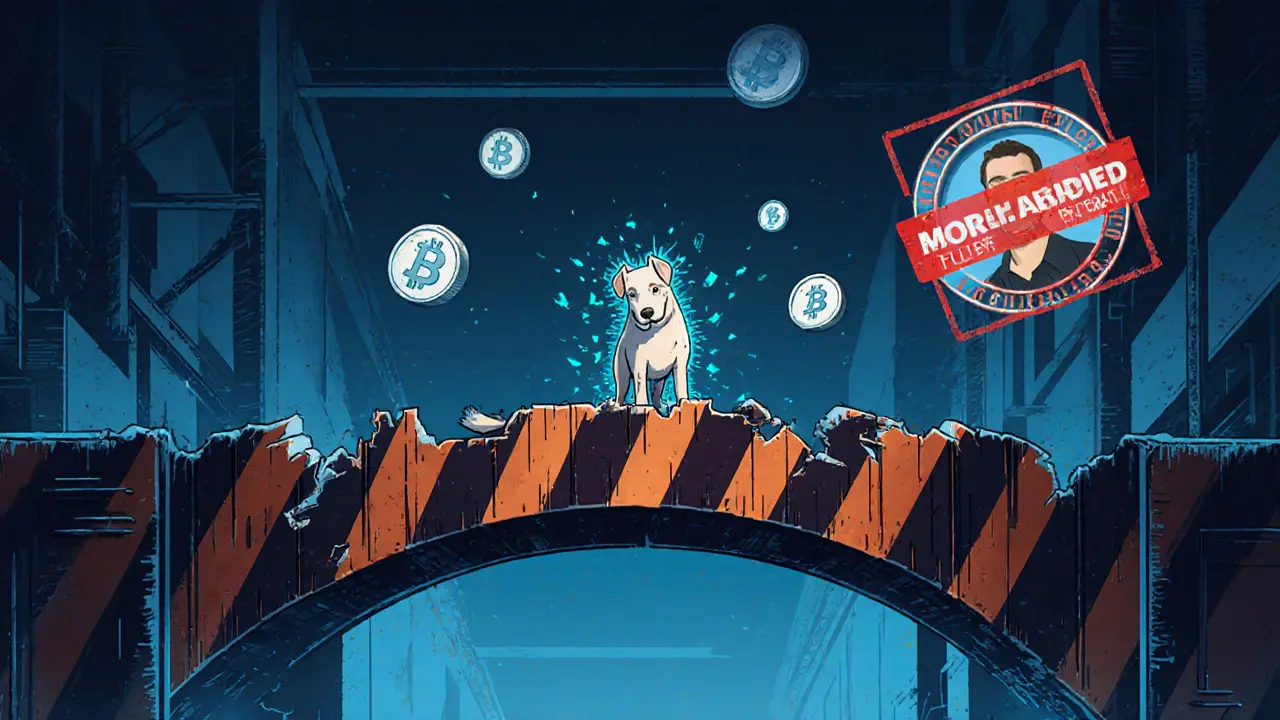
Big Dog (BIGDOG) is a meme coin with no team, no utility, and no real value. Claiming ties to Pepe the Frog's creator, it's a high-risk token with zero liquidity and a market cap under $25,000. Avoid it.
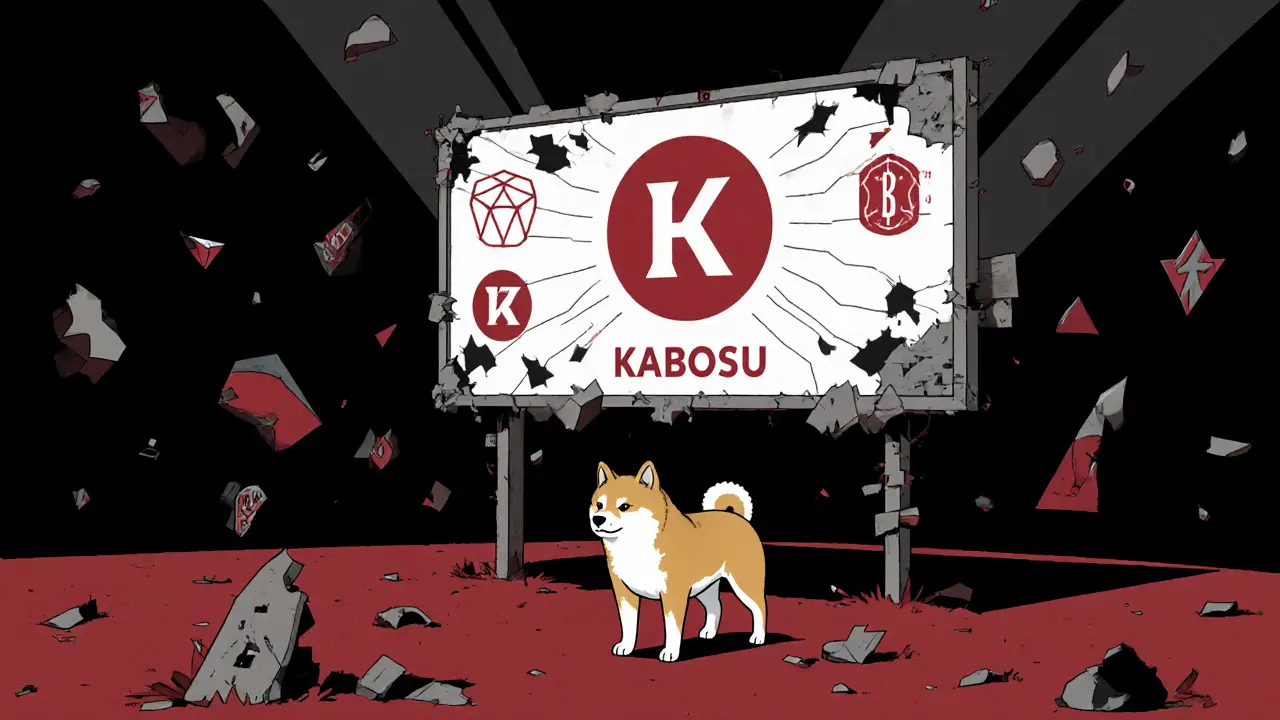
Kabosu Inu (KABOSU) is a meme coin inspired by the original Dogecoin dog, but it has almost no liquidity, no verifiable charity work, and minimal adoption. Learn why it's not a real investment - just a nostalgic symbol.